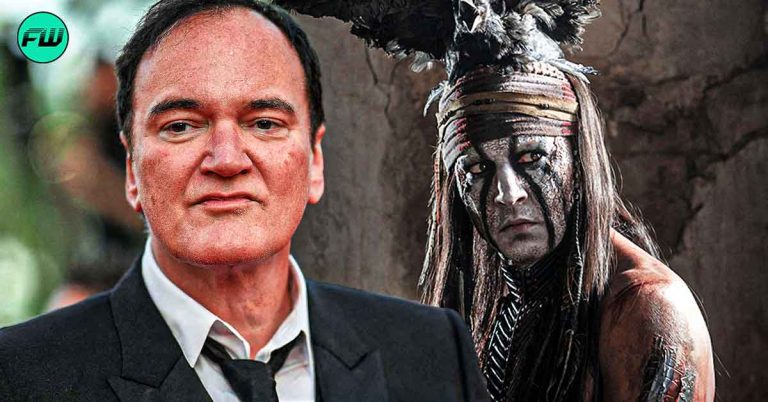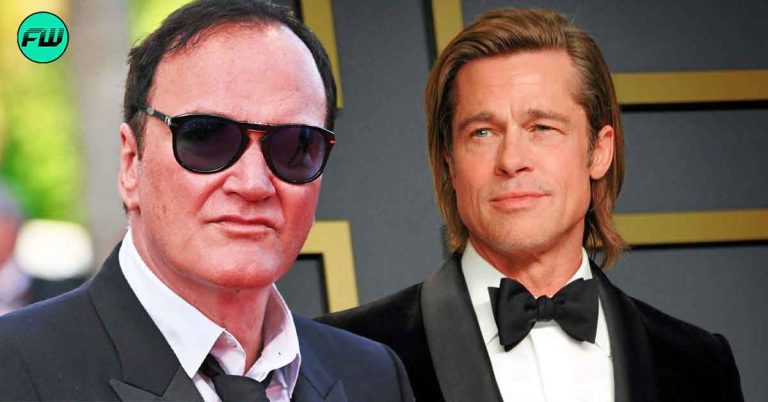The transition from actor to director doesn’t always go smoothly. Thankfully, Bradley Cooper’s debut in the latter role in 2018’s A Star Is Born was a tremendous success, raising the question of whether his future would be better placed behind the camera rather than having the lights on him. Maestro is a biopic about Leonard Bernstein, one of the most influential conductors and composers of his time, being the first American to receive international acclaim. With a special focus on the romance with Felicia Montealegre (Carey Mulligan), Cooper confirms his innate talent as a filmmaker by delivering one of the best films at the 80th Venice Film Festival.
For ease of reading, I’ll use Leonard to refer to the character, while Bernstein refers to the real conductor or his family.
Maestro Critique

Also Read: Poor Things Venice Film Festival Review
Expectations upon entering the theater were cautiously moderate. Most biographical adaptations find it difficult to escape the formulaic barriers of the subgenre and often give in to the tendency to relativize, minimize, or even omit situations that have negatively or controversially marked the life of the person on whom the movie is based. Furthermore, the over-dramatization of certain events or relationships makes the films feel more artificial, distancing themselves from the audience rather than engaging them through genuine interactions, human characters, and an emotionally resonating narrative.
Exceeding such expectations, Maestro is characterized precisely by these last attributes. The intimate relationship between Leonard and Felicia is initially seen through a utopian black-and-white lens, demonstrating the mutual passion of two people living through their “honeymoon phase”, where everything good becomes extraordinary, while everything bad doesn’t matter or simply doesn’t exist. Inevitably, obstacles arise, whether originating from the exterior or from those involved in the relationship, and it’s at this stage – already in color – where one can truly grasp how much people really care for each other.
In the black-and-white part, some of the interactions between Leonard and Felicia are lit so darkly that any flaws each may have are hidden, unlike the broader colored section, where everything is “in the open” and where both, especially Leonard, show their true selves. Matthew Libatique’s (The Whale) cinematography is just one of several technical aspects that stand out, but the camera work is, without a doubt, what most contributes to a deeper personal attachment to the main characters.
With Cooper’s confident, intelligent direction and Libatique’s creativity and experience, Maestro is packed with long takes, brilliant transitions between spaces in the same scene, and absolutely breathtaking orchestral musical sequences – a non-stop performance of one of Bernstein’s pieces in a Church stands out as one of the most mesmerizing, chilling, memorable scenes of the year. However, it’s the decision to keep the lingering camera on the actors – which many filmmakers wouldn’t resist cutting – that completely transforms the viewer’s bond with the protagonists.
Both Cooper and Mulligan (Promising Young Woman) tackle the intricate, extremely long conversations, arguments, and monologues in a truly fascinating manner. Their palpable chemistry and interactions filled with pure authenticity and human emotion mark the gradually more fragile love relationship, to the point where literally every scene after the plot point that initiates the third act induces many tears and tight chest pain.
Cooper pours his heart and soul into his role, with the strangely controversial help of a prosthetic nose to give him a greater resemblance to Bernstein. The makeup job is outstanding throughout the entire flick – such controversy was totally unnecessary – but the actor truly impresses with his complete performance. From intense to subtle, from energetic to depressed, from happy to sad, Cooper will easily get dozens of Best Actor nods. He’s unmistakably Maestro‘s maestro, but Mulligan manages to reach a whole other level of emotional complexity.
The actress transforms a Felicia full of light and sparkling life into someone devoid of all vital force solely through her eyes. Call it micro-expressions, call it what you think it’s best, but as Maestro unfolds, Mulligan uses his wonderfully sweet, innocent look to generate massive emotional sincerity, turning her dialogue and even non-speaking scenes exponentially more compelling, culminating in unforgettably powerful final minutes – a scene where she has friends over is unbelievably devastating. Just like her counterpart, numerous nominations are guaranteed.
Personally, Maestro is more interesting as a romance than a biopic – not wishing to imply that the latter subgenre is poorly executed, quite the contrary. The couple’s connection is undoubtedly the movie’s main development focus, but the story about a man with extraordinary artistic talent and a need for validation and affection from the people around him is told in an equally thought-provoking manner, with many interview sections with the protagonist where important messages are conveyed about the life of an artist.
It doesn’t escape the structure of a biopic narrative that, at a certain point, goes on auto-pilot and remains in a kind of limbo where it doesn’t lose interest, but also doesn’t add any extra layers. Although Maestro stays far from the aforementioned dangerous temptations of this type of storytelling, a crucial narrative component is found in the heterosexual and homosexual affairs that Leonard has throughout his life, namely with Tommy Cothran (Gideon Glick). No screen time is dedicated to exploring this particular affinity in more detail, which is strange given the clear impact it has on the lives of the entire Bernstein family.

Also Read: Ferrari Venice Film Festival Review
Obviously, Maestro‘s priority is set on the principal romance, but when it’s affected by another intimate relationship, not offering a reason for this may not benefit the image of the late Bernstein. It may have been to protect Cothran’s family, but it still leaves a hole in Josh Singer’s (First Man) script. A final note for the score composed of songs by Bernstein. Magnificent. Powerful. Chill-Inducing. Uninhibited. Passionate. And a thousand more adjectives that will never be enough to describe the true impact of Berstein’s pieces in this film.
In Conclusion
Maestro exceeds expectations, certifying Bradley Cooper as a filmmaker with innate talent, just like Leonard Bernstein, who the former portrays brilliantly. An inspirational biopic focused on an exponentially compelling romance elevated by emotionally genuine performances filled with intensely, passionately authentic interactions. Carey Mulligan joins the actor/director in the race for awards with a remarkable, spectacular display that will bring tears to even less sensitive viewers. Technically sublime, the conductor’s music induces many chills in the audience through a story about love, family, artistic passion, and all the obstacles and dilemmas that arise from them.












